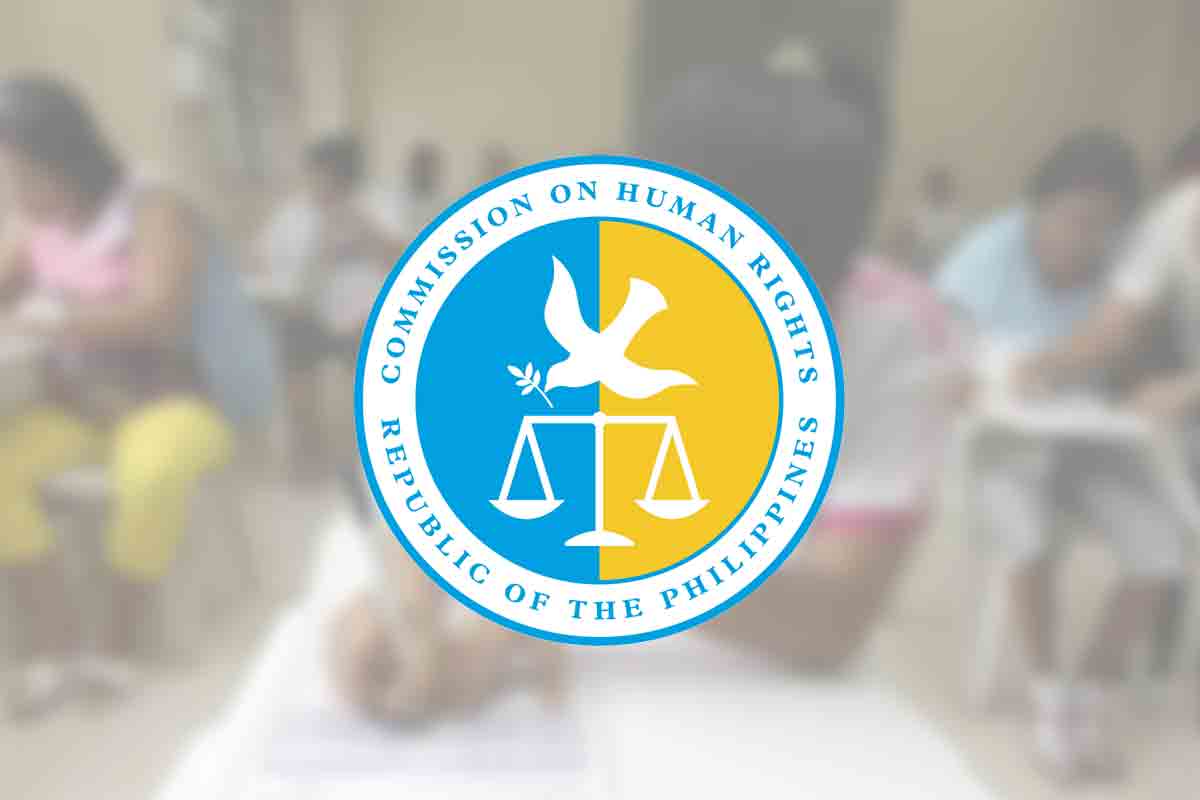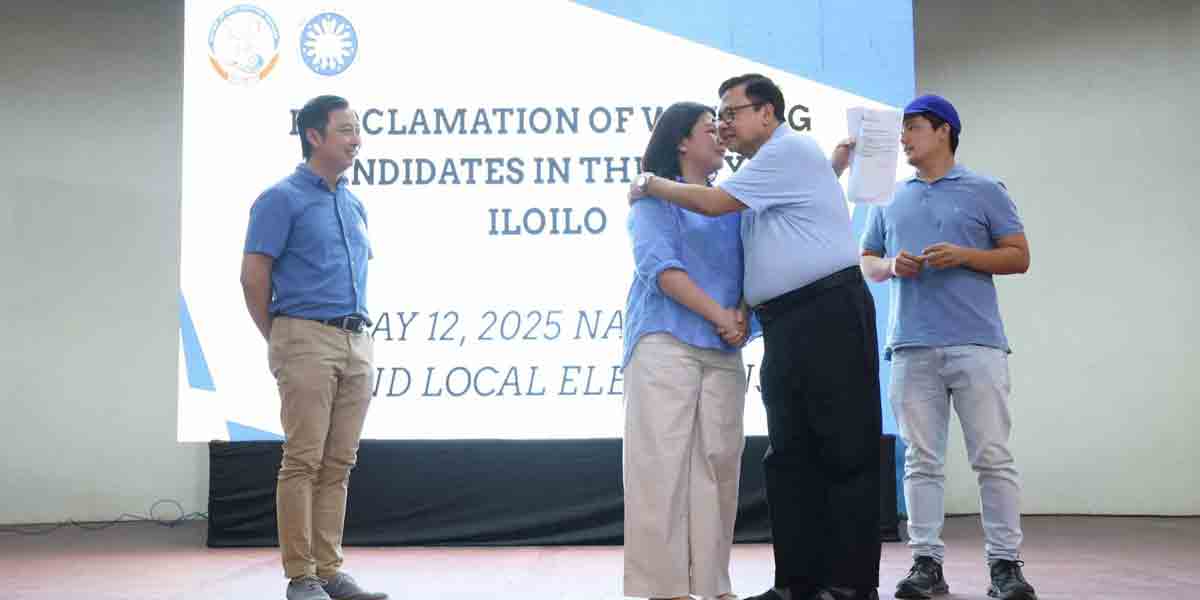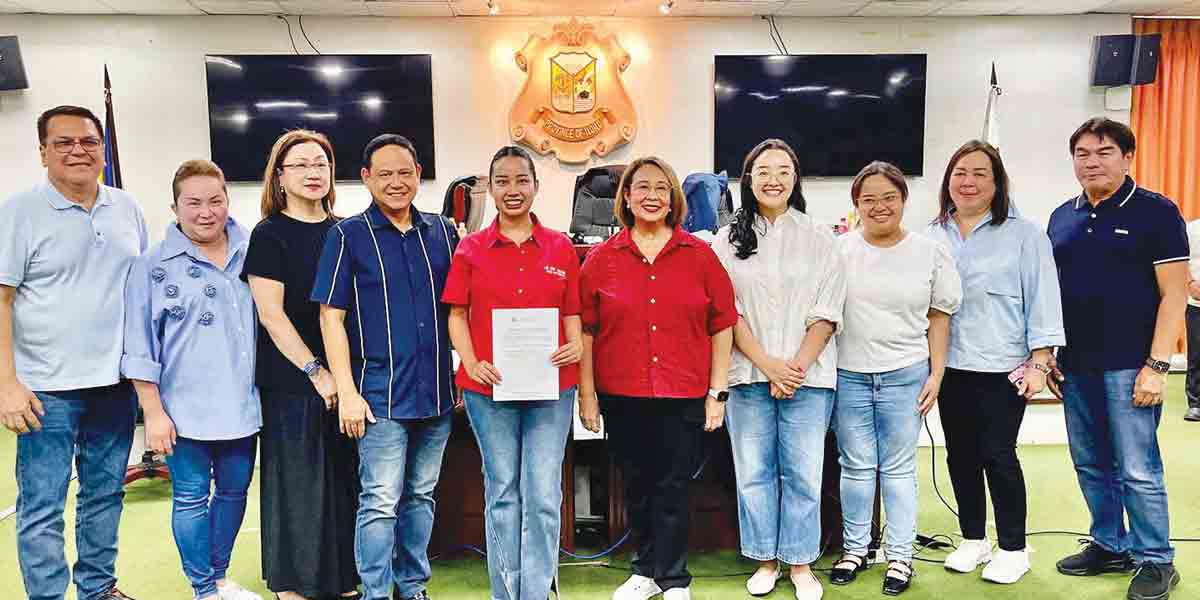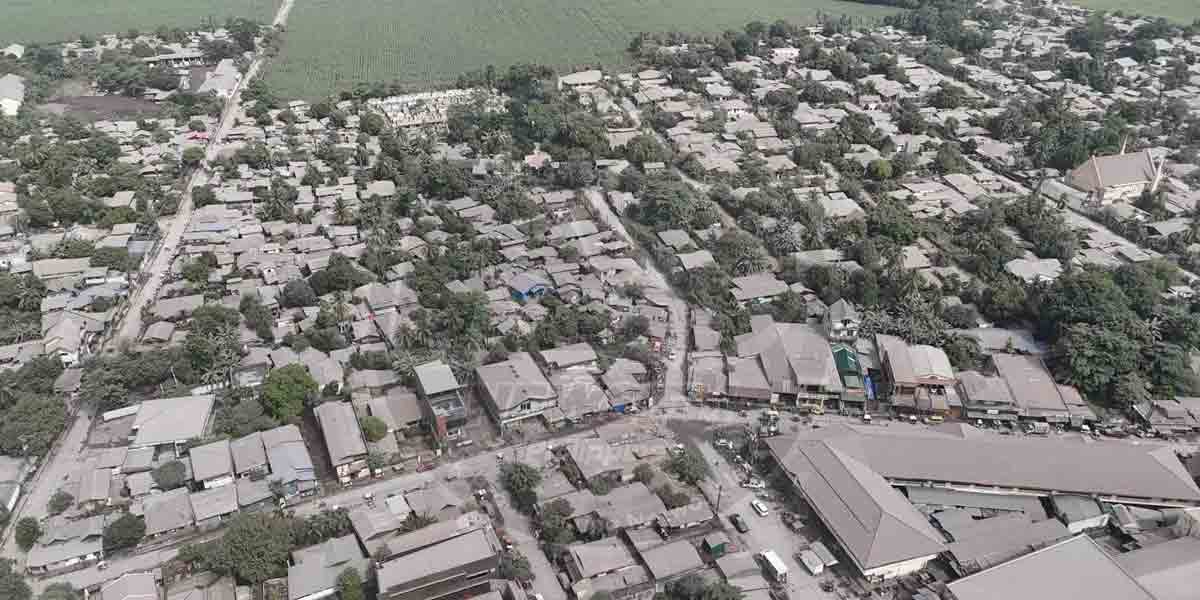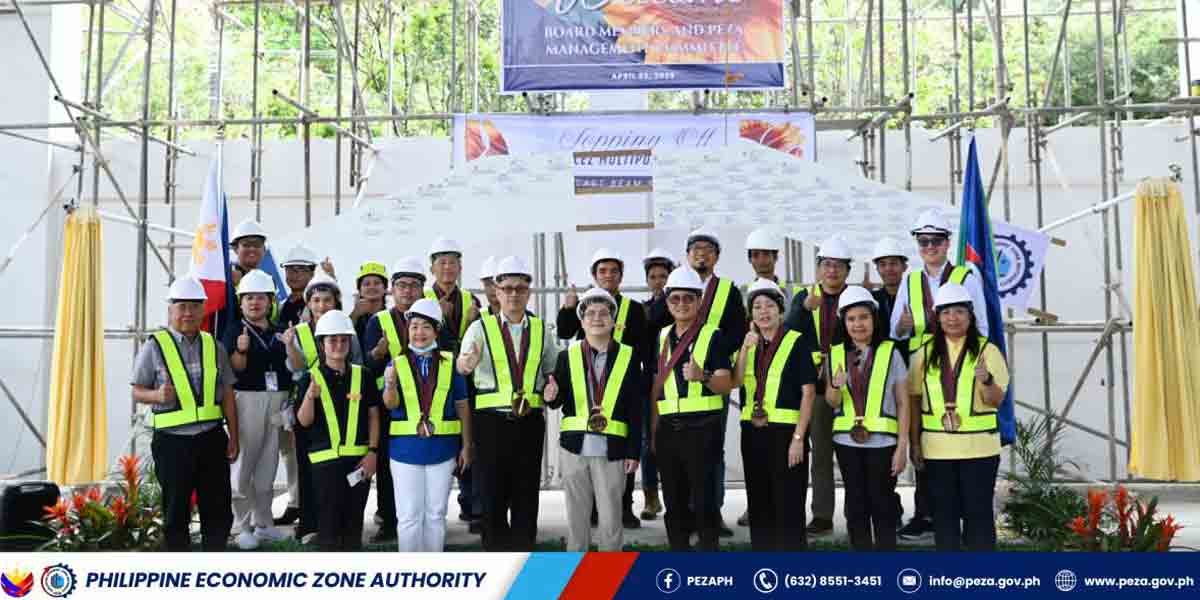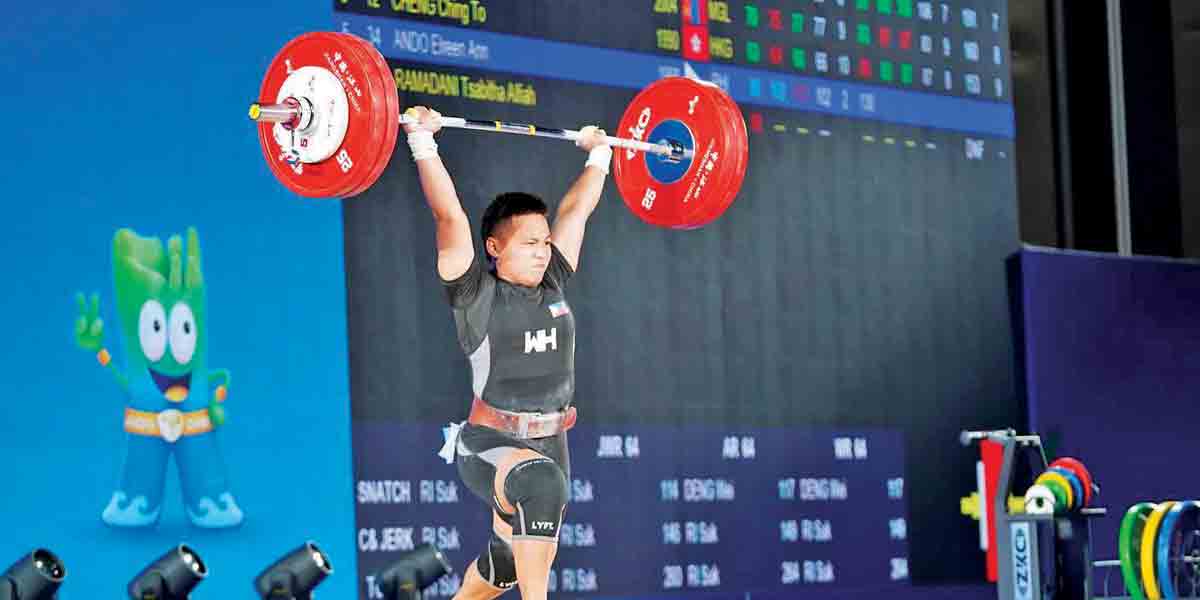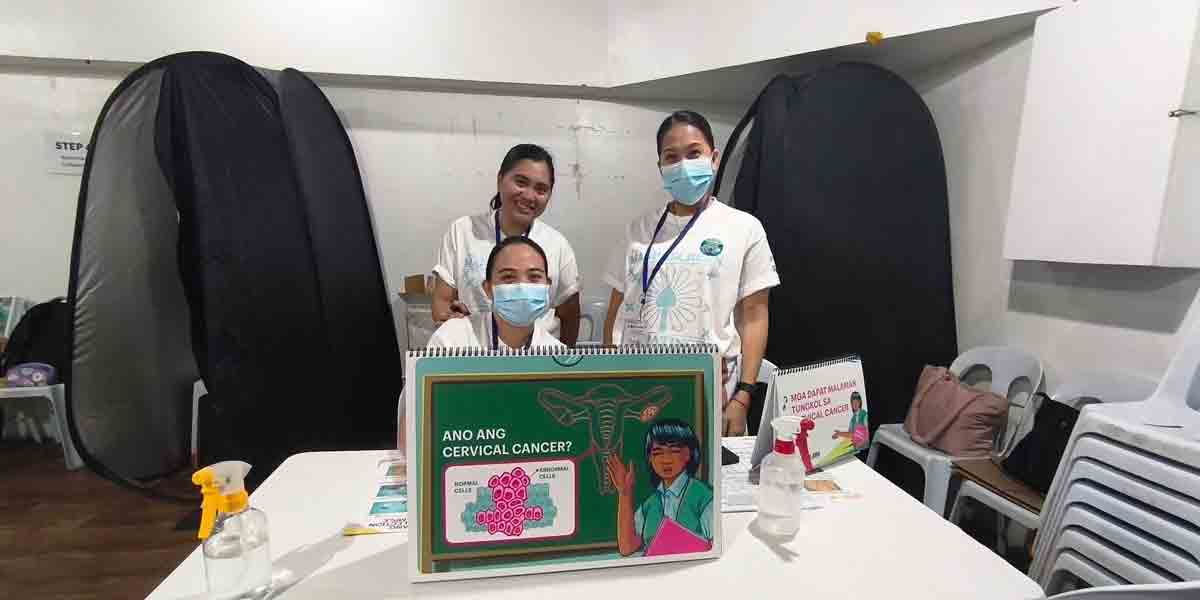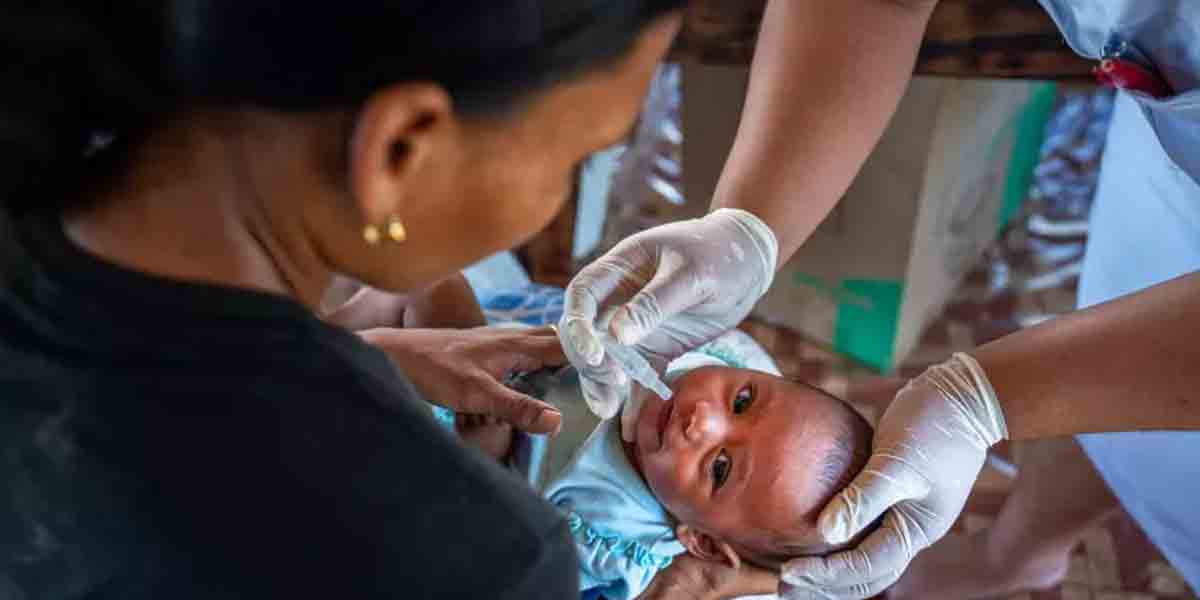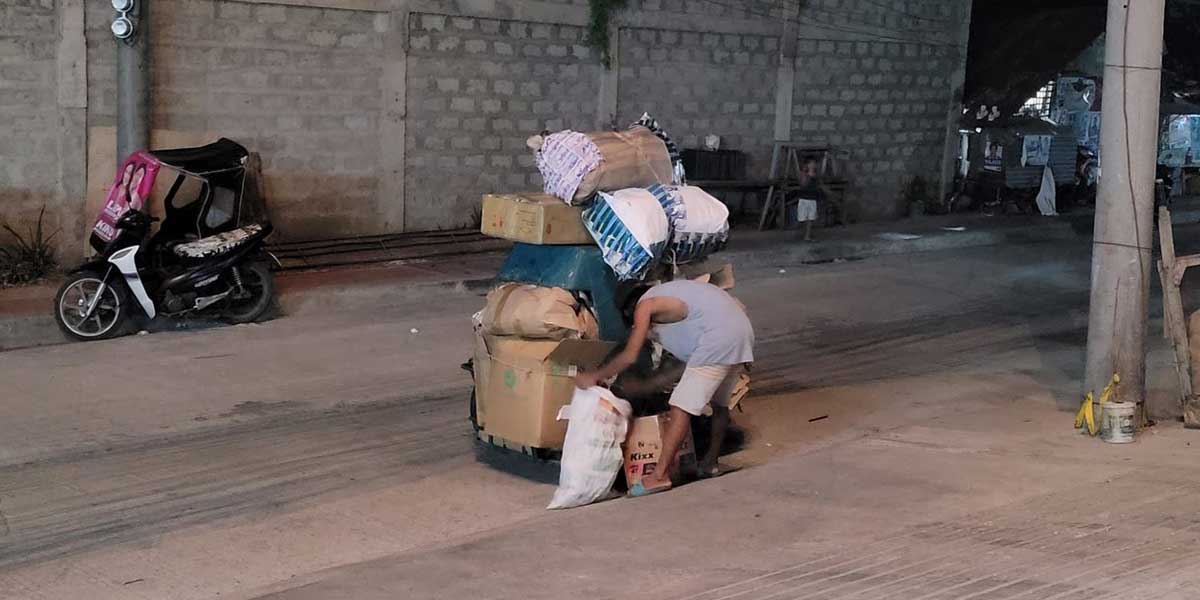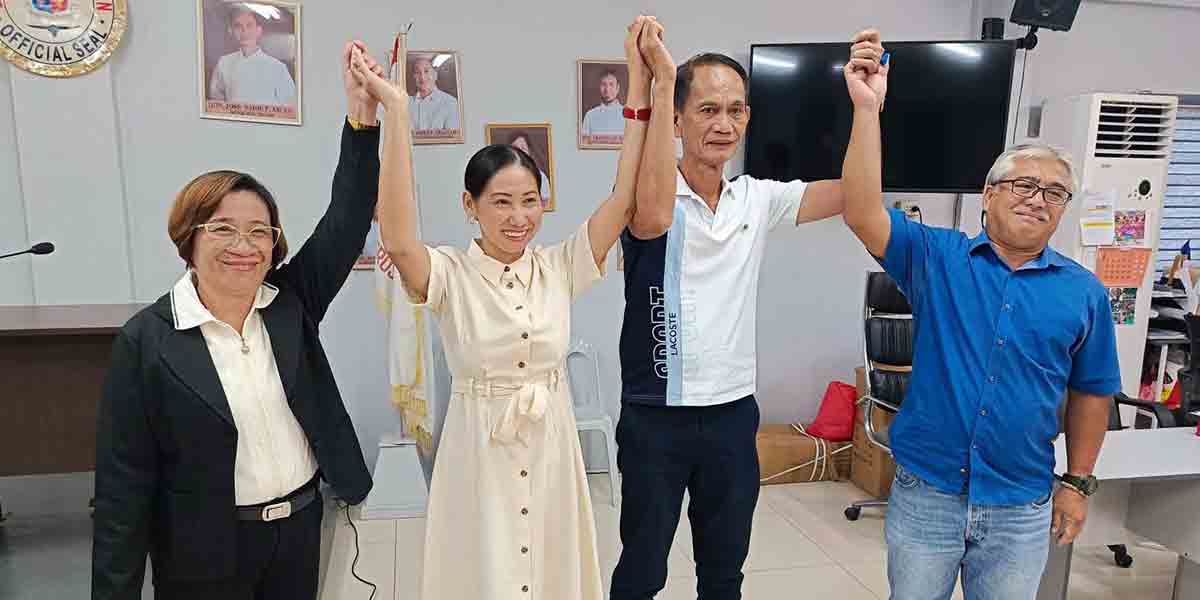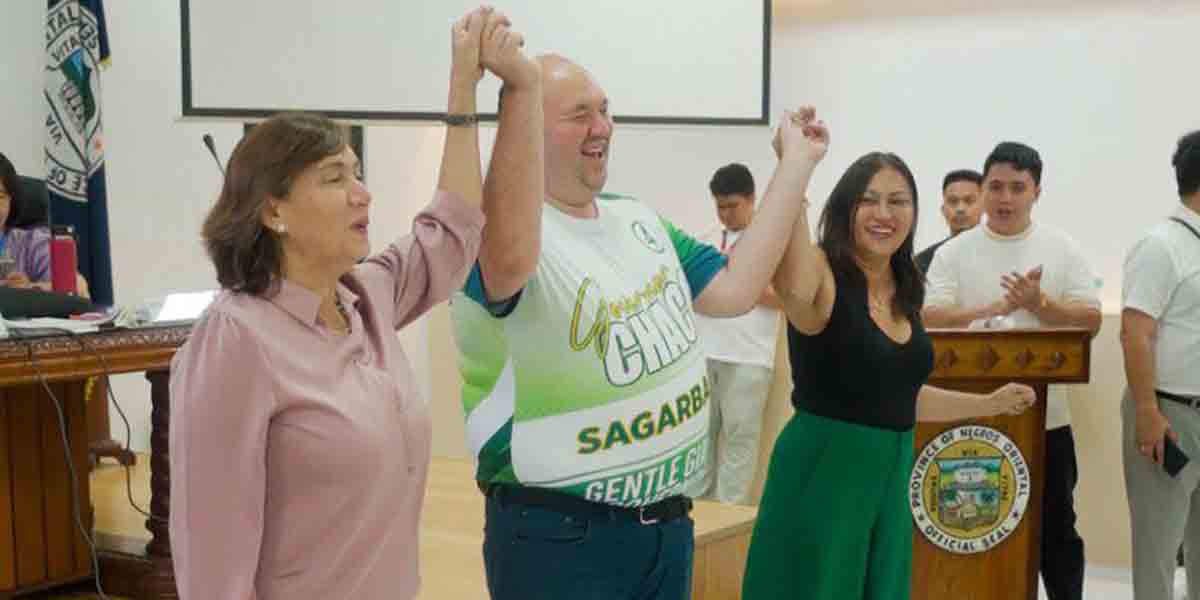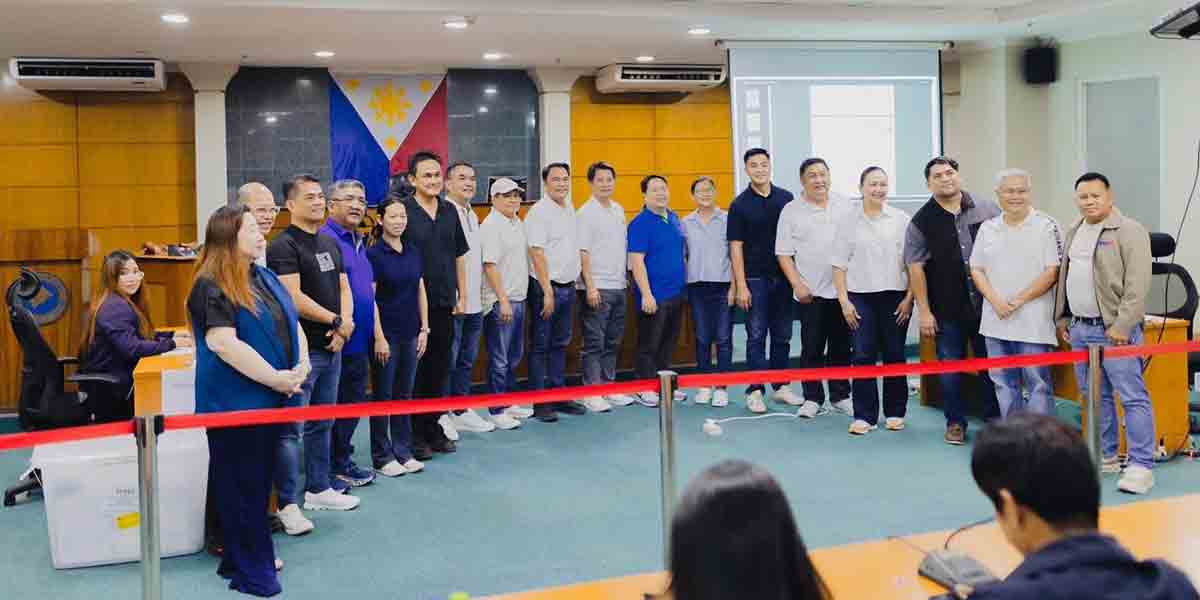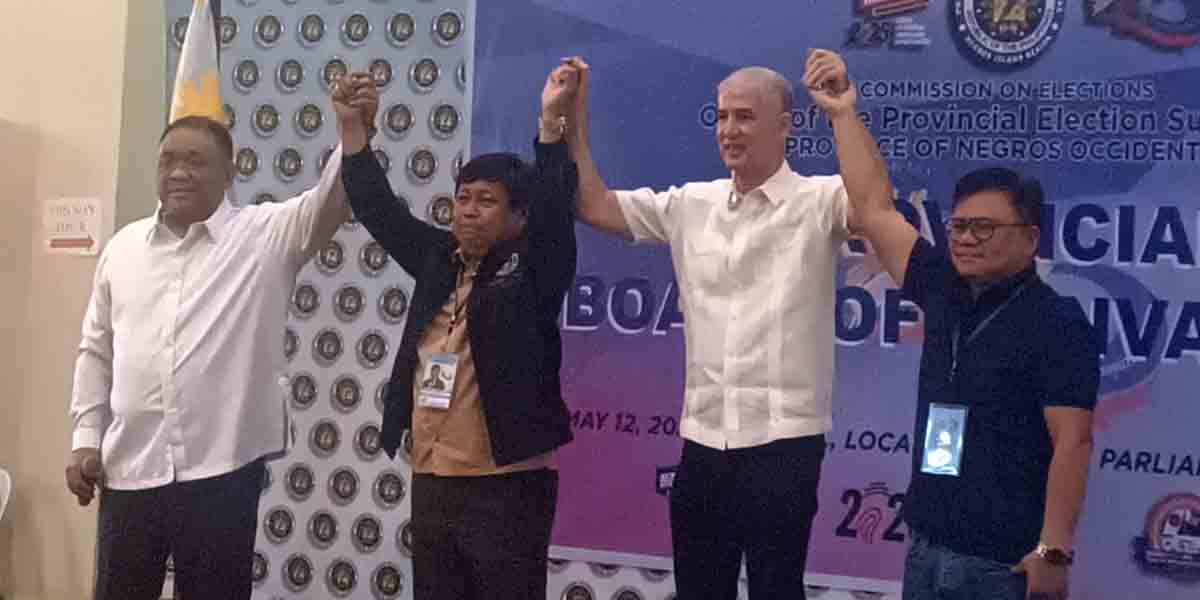By Rjay Zuriaga Castor
A total of 18,918 agrarian reform beneficiaries (ARBs) in Western Visayas have been relieved of all their loans since President Ferdinand R. Marcos Jr. signed Republic Act (RA) No. 11953, or the New Agrarian Emancipation Act.
The Department of Agrarian Reform-Western Visayas (DAR-6) reported that the condoned ARBs are validated, classified agrarian reform receivables or identified farmers under the list of the Land Bank of the Philippines.
Meanwhile, at least 14,513 landholdings in the region are still subject to validation or remain unclassified agrarian reform receivables.
DAR-6 director Atty. Sheila Enciso cited several circumstances that stalled the condonation of several ARBs, including the mismatch in the Collective Certificate of Land Ownership Awards (CCLOA) and the approved survey plan (ASP).
“Survey returns are not reflective. Some names under the Collective Certificate of Land Ownership Awards (CCLOA) do not reflect individual land titles,” Enciso said.
“In the past, DAR and Landbank had what they called a land distribution information sheet. Before the SPLIT program, we also had the distribution of CCLOAs. One aspect of this involves the collective CLOAs, which is part of what we are doing, but not everything,” she added.
Enciso further explained that based on the implementing rules and regulations of the project SPLIT, the approved subdivision plan and the names on the CCLOA must be the same.
“Otherwise, the Registry of Deeds will not register it or issue the titles if these two do not match,” she said.
The Support to Parcelization of Lands for Individual Titling (SPLIT) Project aims to fast-track the subdivision of about 1.38 million hectares of CCLOAs into individual land titles.
Through the program, DAR will eventually issue individual land titles to ARBs who were previously awarded lands and collective CLOAs under the agrarian reform program.
“Many ASPs were not used, and they need to be resurveyed to match the names on the CLOA and the ASPs. This is also one of the reasons for the delays because it requires redoing the surveys,” she added.
The DAR-6 committed to complete the condonation before the president ends his term.
At least 118 condonation quick response centers have also been established across the region to assist farmers in the process.
Enciso, who has been the regional director of DAR-6 for five years, will be transferred to Central Visayas in July this year.
Leomides R. Villareal, the current director of Central Visayas, will replace her.

